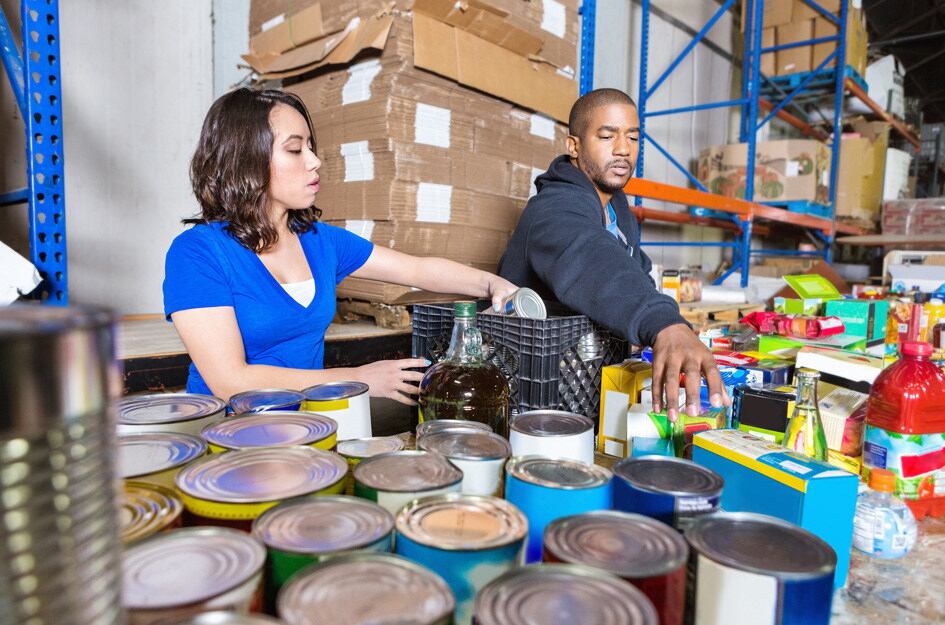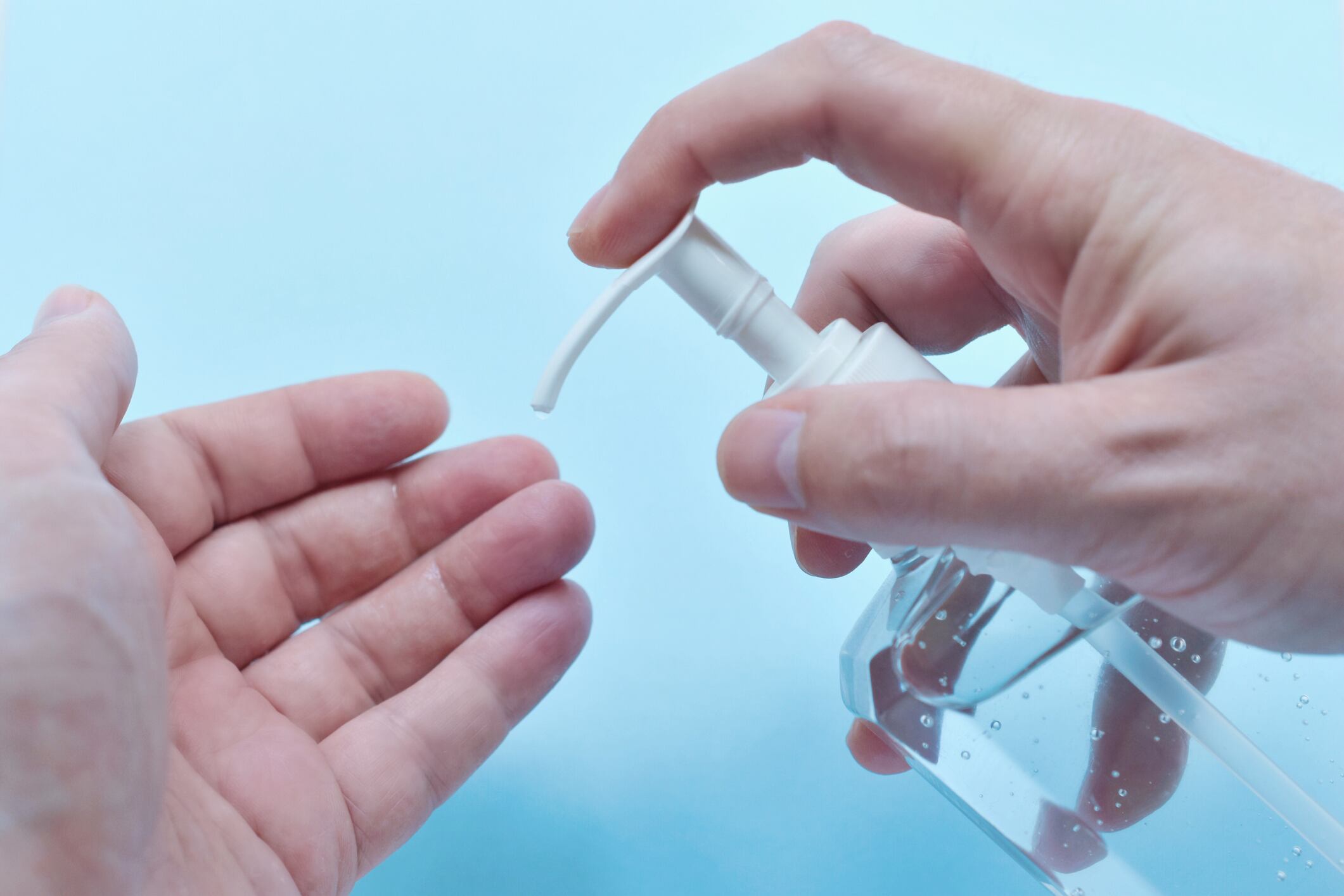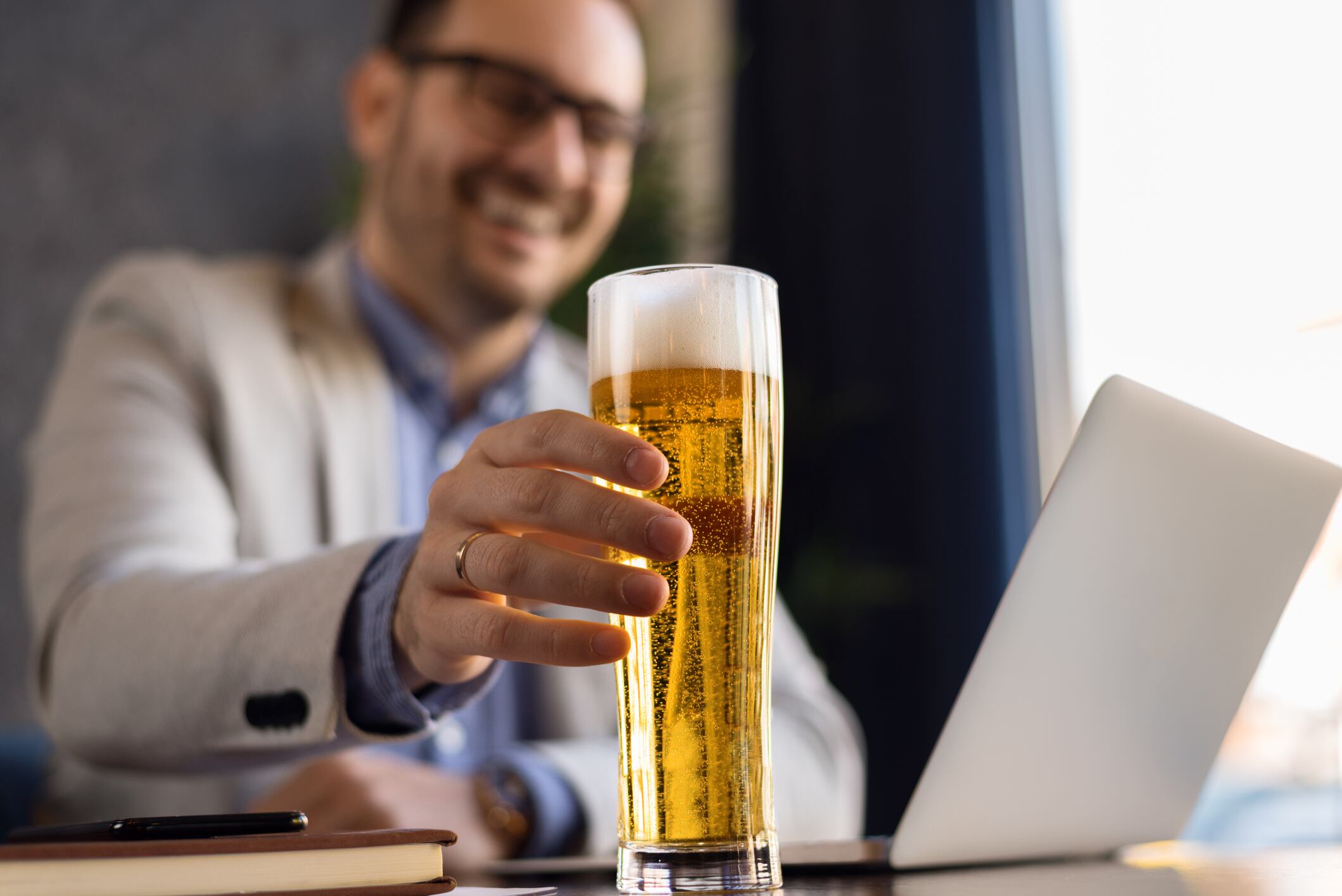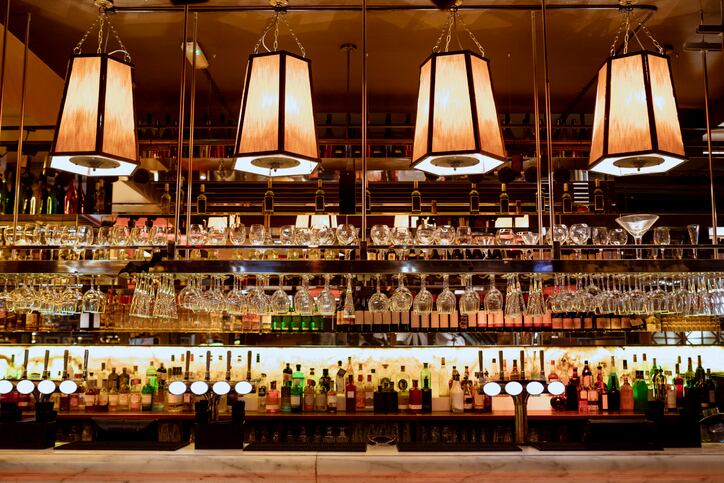Blood donations
Anheuser Busch has committed $5m to the American Red Cross, alongside its sports partners, with plans to convert empty arenas and stadiums into temporary blood donation centers (if needed in the coming weeks) to accommodate CDC-recommended social distancing measures. AB will also offer up their tour centers in Fort Collins, CO, Merrimack, NH, and St. Louis, MO.
The company is pledging to redirect funds from sports and entertainment partnerships in order to provide the immediate resources needed to support national and local response for COVID-19.
Gail McGovern, President & CEO, American Red Cross, said: “We are currently experiencing an unprecedented number of blood drive cancellations. In fact, about 7,000 Red Cross blood drives have been canceled across the country due to COVID-19 concerns, resulting in some 220,000 fewer blood donations.”
Helping vulnerable communities
The Coca-Cola Foundation is donating $5m to the Boy & Girls Clubs of America to support vulnerable youth during school closures. The money will go toward distributing food, bottled water and other necessary supplies and operating Club locations for longer hours.
It will also help implement contingency plans to meet community needs; and provide emergency relief funding to support Clubs in the communities hit hardest by the pandemic.
There are currently 150 Club organizations in 400 communities that are working to provide meals and support families of first responders, military, and healthcare workers. More locations are expected to reopen soon in varying capacities, to provide essential community services.
PepsiCo's philanthropic arm, the PepsiCo Foundation, the company is investing up to $11m in food, water, and other critical support to the most vulnerable communities impacted by COVID-19 around the world.
Partnering with the USDA and the Baylor Collaborative on Hunger and Poverty, PepsiCo will deliver one million food boxes to students in rural America, including a $1m commitment.
The company's Food for Good program aims to provide 200,000 meals weekly to students and distribute at least 1 million meals over the next month to impacted US communities. PepsiCo has also provided $100,000 to Feeding Westchester to help distribute shelf-stable meals and fresh produce to local residents across Westchester County, New York.
Helping healthcare workers
In the US, Natalie’s Juice has donated 5,000 bottles of its fruit juice to healthcare workers at NYU Langone Hospital, with plans to expand the initiative.
The brand adopting a fully online and grocery-centric business model in lieu of shut-down food service.
Xite Energy is doing its part in the UK by donating free crates of its healthy energy drinks to those in critical roles in the NHS [National Health Service] during the coronavirus pandemic. The brand has sent out more than 6,000 cans so far, and is currently giving 50% of all online sales to charity.
Thanking NHS staff
Brewgooder, meanwhile, lets people show their appreciation for health workers in the NHS by buying them a beer.
People are able to gift a 4 pack alongside a message of support for an NHS employee to claim and receive when they are ready to. A £6 donation made via the Brewgooder website covers the cost of production and delivery.
"It’s not much, but with beer nationally recognised as a currency of gratitude, it’s a small gesture to show your appreciation to a tireless NHS worker that you don’t know and may never meet" explains the brand. "A way of saying, here’s one on us."
Challenging successful businesses to do more
Many RTD healthy beverages are seeing sales spike this month as consumers stock their kitchens for prolonged quarantine. Vita Coco is one of them, and has decided to share the extra cash it has coming in--the company is donating $1m to Feeding America and No Kid Hungry.
The first $500,000 will go to the two organizations straight away, and the remaining $500,000 will be donated in the next two months.
Vita Coco’s CEO and co-founder Michael Kirban said he is also ‘challenging’ other businesses who are similarly benefiting from surging sales to reinvest their incremental profits into relief efforts as well.
“It’s been really jarring seeing the business benefit from rapid growth amidst a growing global crisis. I feel that it’s our responsibility as a business to do what we can, to help support people who need it most, while we’re in the position to do so,” Kirban said.
Supporting food banks
Bottled water company Pathwater is donating 100,000 bottles of its aluminum bottled water to Bay Area food banks, with the first donations supporting the San Francisco-Marin Food Bank, Second Harvest of Silicon Valley, Loaves and Fishes of Contra Costa, Alameda Food Bank, Emeryville Citizens Association and St. Anthony’s.
Donations to those in need
Tito’s Handmade Vodka is donating $2m in response to the coronavirus pandemic. The first $1m from the Austin, Texas brand is an immediate donation split between four organizations: CORE, USBG, Southern Smoke and World Central Kitchen. The additional $1m will be funded as Tito’s uncovers further needs stemming from the crisis.
The four organizations receiving the initial donations will use it for individual grants, supporting education for chefs who turn their restaurants into community kitchens and helping provide affordable meals to industry members and others in need.
Love, Tito’s - the brand’s philanthropic program - is organizing the donations. Tito’s is also producing and distributing 24 tons of hand sanitizer to help supply the demand.
Supporting bartenders
With the on-trade hard-hit by coronavirus shutdowns, spirits giants are helping bartenders and restaurants with donations and free training courses.
Brown-Forman has announced a donation of $1m to COVID-19 response funds. One of its contributions is to the Restaurant Workers’ Community Foundation to support its COVID-19 Crisis Relief Fund, and Brown-Forman will match dollar-for-dollar donations (up to $100,000).
To help the hospitality industry, it is joining colleagues in the Distilled Spirits Council of the United States and making a donation to the United States Bartenders’ Guild (USBG) Foundation Emergency Assistance Program. Brown-Forman will also contribute to the One Louisville COVID-19 Response Fund - a fund that will deploy resources and financial assistance to households, businesses, and community-based organizations working at the frontlines of the outbreak in the city where Brown-Forman was founded 150 years ago.
Brown-Forman has employees in more than 170 countries and says donations in other countries will be directed by site-based leaders.
Bacardi, meanwhile, has committed $3m to support the bar and restaurant industry debilitated by shutdown. This is in addition to $1m pledged by its Patron tequila brand last week.
Some of the organizations it is working with include Another Round, Another Rally; CORE; the James Beard Foundation; Restaurant Workers’ Community Foundation; and Tales of the Cocktail. Bacardi invites people to follow its journey via #RaiseYourSpirits on Instagram.
Diageo has pledged £1m ($1.2m) to support bartenders in the free trade across Great Britain. Thousands of bartenders will be able to benefit from the fund intended for pubs and bars to put towards bartenders’ wages. A similar community fund is being set up in Ireland.
Anyone working in the drinks trade will also be given the opportunity to attend a complimentary Diageo Bar Academy Training Course, consisting of virtual training and online learning. Training includes modules such as the ‘business of bar tending,’ which can provide practical advice and may help to manage quieter trading periods.
It's not just the big brands making contributions. Alcoholic cold-brew coffee brand Bomani Cold Buzz is showing support to bartenders who have recently been put out of work by donating 5.7% of net proceeds to the Bartender’s Emergency Assistance Program for every can sold through the end of April.
Bomani will also donate an additional $0.57 to the same program for every person who shares their commitment on social media.
Producing sanitizer
Distilleries, both big and small, are donating alcohol for the production of sanitizer or using their facilities to produce sanitizer themselves. Here’s just some of them.
Pernod Ricard’s French subsidiary Ricard SAS is donating 70,000 litres of pure alcohol to Laboratoire Cooper, a supplier of hydroalcoholic gels to pharmacies. This will allow Cooper to increase alcohol deliveries to pharmacies to produce hydroalcoholic gel, the equivalent of approximately 1.8 million individual 50 ml vials.
In Sweden, the distillery of Absolut Vodka is offering spirits at large scale to produce hand sanitizer for public health care
In the US, Pernod Ricard’s Ft. Smith, Arkansas manufacturing plant and distilleries for Rabbit Hole (Kentucky), Smooth Ambler (West Virginia) and TX Whiskey (Texas) are producing hand sanitizer.
And in Spain and Ireland, Pernod Ricard Spain and Irish Distillers have announced they will put their technical, human and production facilities at the service of the authorities to produce hand sanitizer.
Amber Beverage Group, meanwhile, is producing hand sanitizer from its Latvijas balzams factory in Latvia. It will make the product available to major retail chains and also plans to produce enough to supply hospitals and other institutions where hand sanitiser supplies are low.
In South Africa, Distell - a producer and marketer of spirits, fine wines, ciders and ready-to-drinks (RTDs) - is beginning to produce hand sanitisers and other hygienic products at its production facilities. As a result, the company has committed 100 000 litres of alcohol, which will be used to produce sanitisers as well as a variety of other hygienic and sanitising products.
The sanitisers will be distributed free to vulnerable communities across South Africa as a way to encourage good hygiene practices. The company will work closely with Government to identify these communities, and support the roll-out of the sanitisers.
Diageo has pledged to donate two million litres of alcohol to help manufacture eight million bottles of hand sanitizer.
This week, eight Bacardi-owned manufacturing sites across the US, Mexico, France, England, Italy and Scotland are joining Bacardi's facility in Puerto Rico in supplying alcohol to make hand sanitizers. It will produce more than 267,000 gallons (1.1 million liters) of hand sanitizers.
Hawaii Sea Spirits llc (HSS), makers of Ocean Organic Vodka, is devoting some of its production to make hand sanitizer, while BrewDog is making its own hand sanitizer at its Scottish Distillery.
Bringing people together online
Craft brewer BrewDog will open 102 bars online this Friday, with the new virtual bars offering beer tastings, homebrewing masterclasses, pub quizzes, live music and comedy.
The idea is replicate its 102 BrewDog bars across the world – from BrewDog Camden to BrewDog Oslo and from BrewDog Cincy to BrewDog Edinburgh – and allow consumers to continue to ‘visit’ their local.
BrewDog cofounder James Watt said: “Community has always been at the absolute core of what we do. And the role that community, and great beer play in our society is now more important than ever. We are scheduling a series of amazing sessions with guest breweries, online tastings, games, entertainment. We’re looking forward to welcoming you all and sharing a beer.”




